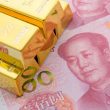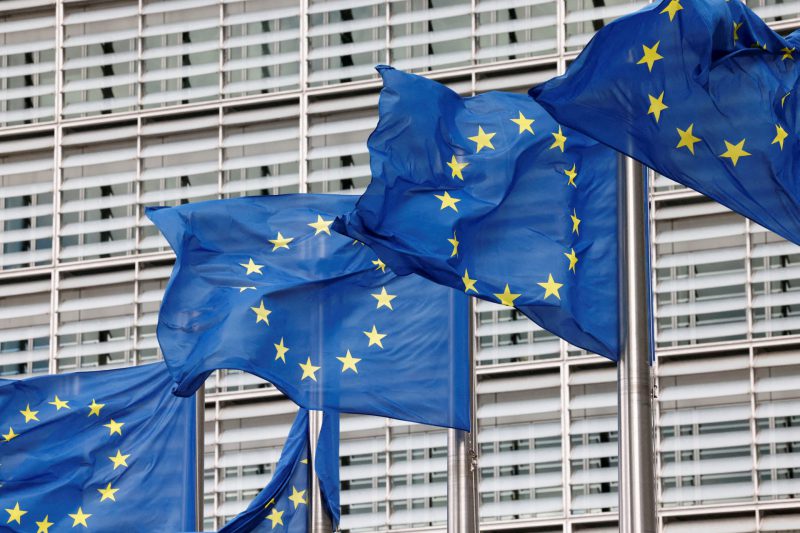The European Union will offer to cut tariffs on US car imports, according to a senior lawmaker. The deal is a step towards avoiding a trade war with the US.
JUST IN: 🇪🇺🇺🇸 European Union to offer lower tariffs on US cars.
— Watcher.Guru (@WatcherGuru) February 7, 2025
Bernd Lange, who heads the trade committee in the European parliament and is familiar with talks on how to de-escalate tensions with the White House, told the Financial Times the bloc was willing to lower its 10 percent import tax closer to the 2.5 percent charged by the US. “We can try to have a deal before escalating costs and tariffs,” Lange said. The bloc would offer to buy more liquefied natural gas and military equipment from the US, “plus also look to lower tariffs for cars.”
EU To Lower US Tariffs, Avoiding Trade War
The European Union car industry is supportive of the tariff move, officials in Brussels told FT. The sector fears that Trump will make good on his threat to impose tariffs after complaining that Europeans “don’t buy our cars, they don’t take our farm products, they take almost nothing and we take everything from them”. Additionally, the tariffs would also apply to China and other countries under WTO rules. “We have bound tariffs for cars at the WTO at 10 percent, but let’s say, to show the world we have fair relations, it might be possible to reduce them”, said Lange.
Also Read: BRICS: Trump Tariff to Trigger Economic Crisis and Diplomatic Disputes?
On Friday, reports emerged that Trump is looking to issue reciprocal tariffs to match those imposed by other nations. The decision continues a potential cycle of retaliation stemming from the 25% tariff issued by the new administration last week. To this point, the country has tariffed China, Mexico, and Canada while delaying the tax on the latter two.
Furthermore, Lange warned that if talks failed the EU would hit back with a new weapon allowing it to target US tech and financial companies. The anti-coercion instrument was created after Trump’s first term, to deal with countries using economic pressure to change domestic policy. “Sometimes it’s important to have a gun on the table,” said Lange.





